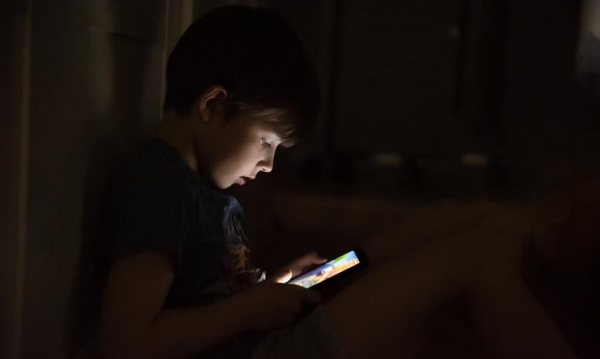According to a CBOS survey, 38% of children under five, 84% of children aged 5 to 7, and 96% of children aged 8 to 11 use a smartphone, tablet, or computer. The average daily time spent using these devices is two hours.

According to the survey authors , the older the children, the longer this time increases. Each year, it increases by approximately 17 minutes.
The youngest children, under five, use these devices (if at all) for less than an hour a day. Children aged five to seven spend an hour, and those aged eight to 11 typically spend two hours a day.
Advertisement See also: Hungry for profit? We serve hot companies on a virtual plate. Dessert? Real prizes!
Among teenagers aged 12 to 17, the time spent using devices such as smartphones, tablets and computers is at least three hours, with the three oldest age groups spending an average of four hours.
The study authors noted that almost all older children and teenagers use smartphones, tablets, and computers. Differences in usage are generally only evident among younger children.

There are more users under the age of eight among children from households with an average or poor financial situation and where the per capita income is the lowest.
The highest percentage of children and adolescents using smartphones, tablets, and computers is recorded in the smallest, two-person households, i.e., those where a child lives with a single adult. Among the youngest children (ages one to four), slightly higher use of these devices is observed in three-person households, such as parents and a child.
A higher percentage of users aged one to four years old are found in rural areas than in medium-sized and large cities. In older age groups, city size does not significantly influence the level of use of these devices.
“The collected data shows that children's exposure to digital devices, such as smartphones, tablets, and computers, is high and begins at an early age. With age, the scale of their use of these devices increases and the time spent with them increases. Besides age, an important factor influencing the time spent in this way is the household's financial situation – the better it is, the shorter the time spent, and the worse it is, the longer it is,” the authors of the survey stated. (PAP)
iżu/ joz/






